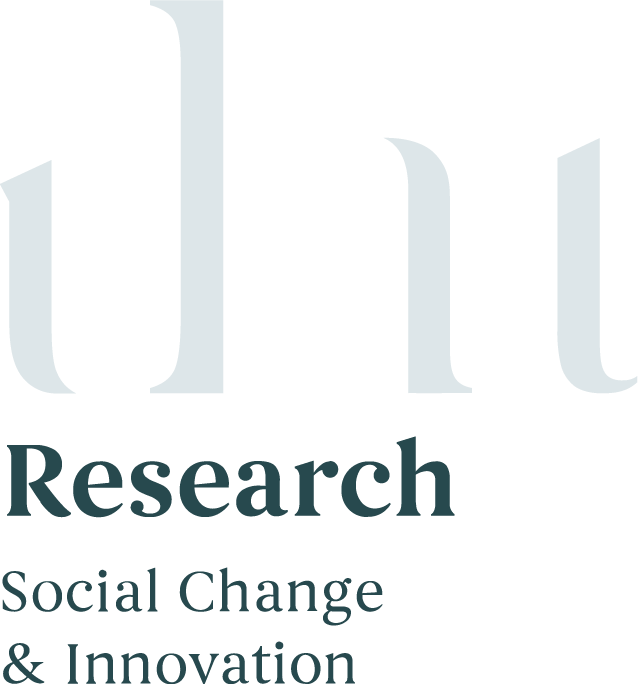Jolt Dance: Impact Evaluation of the Move training programme.
Project Background
Jolt is a unique dance company based in Ōtautahi Christchurch that provides access for people with intellectual disabilities to creative expression, leadership pathways, paid employment and community engagement through dance.
Ihi Research conducted an evaluation to better understand the impact of the Move programme, from the perceptions of various stakeholders involved.
What we did
The overall evaluation question was ‘How well and in what ways is the Move programme working to achieve its aims?’
Evaluation evidence was gathered through interviews and an independent analysis of Jolt’s programme data. Twenty-two participants agreed to take part in the evaluation and to be interviewed. Stakeholders included Move dance leaders and tutors who are people with intellectual disabilities along with members of their whānau/families. Mainstream educators were interviewed, along with teachers who had responsibilities teaching children with special learning needs. Service providers and rest home managers were also interviewed, along with the architects of the Move dance programme. Members of the Pasifika community were also involved.
Comparing and contrasting different types of evidence (for example different interview participants, analysis of programme documentation and literature sources) enabled triangulation of data that emphasised interconnected dimensions of effect (Merriam, 1998).
Outcome
Importantly, the Move programme enables self-determination through leadership in dance. It is a form of emancipatory and ethical leadership concerned with social justice and the rights of people with intellectual disability
The Move programme provides access for people with intellectual disabilities to demonstrate their leadership skills and talents, and in the process challenge existing assumptions about ‘creativity’ and ‘ability’.
Move tutor trainees have learned new skills (planning, facilitating, and reflecting on their lessons) as dance teachers, and have access to paid employment (not less than the living wage). By teaching dance classes to diverse communities (able-bodied and disabled) they are seen as valuable and important members within the communities they teach in.
An unexpected outcome is how the Move programme contributes to development of inclusive teaching and learning within the educator and community service sector. In particular the Move programme provides access for teachers (pre-service and in-service) to engage with people with intellectual disabilities in creative and inclusive ways.
Move makes an important contribution to national and international knowledge challenging social assumptions and deficit views, while also supporting dancers’ self-determination and aspirations as dance teacher.
“I'm just glad I'm here, man. It's good to see disability people and mainstream people as well … together.”
- Move Dance Teacher
Find out how we can help you
We’ll work with you to find out what’s working, where investment could be put to best use or how to improve anything not going to plan. We can help you define success and set tangible, measurable goals. And we talk in real language so you can understand and engage with the findings. We engage with the community to conduct community research and consultations for private companies, trusts, government agencies, NGOs and more. But we have a special interest in research that has a purpose - to better society and teach lessons. We aim to help those we work with build capacity to enact positive change.




